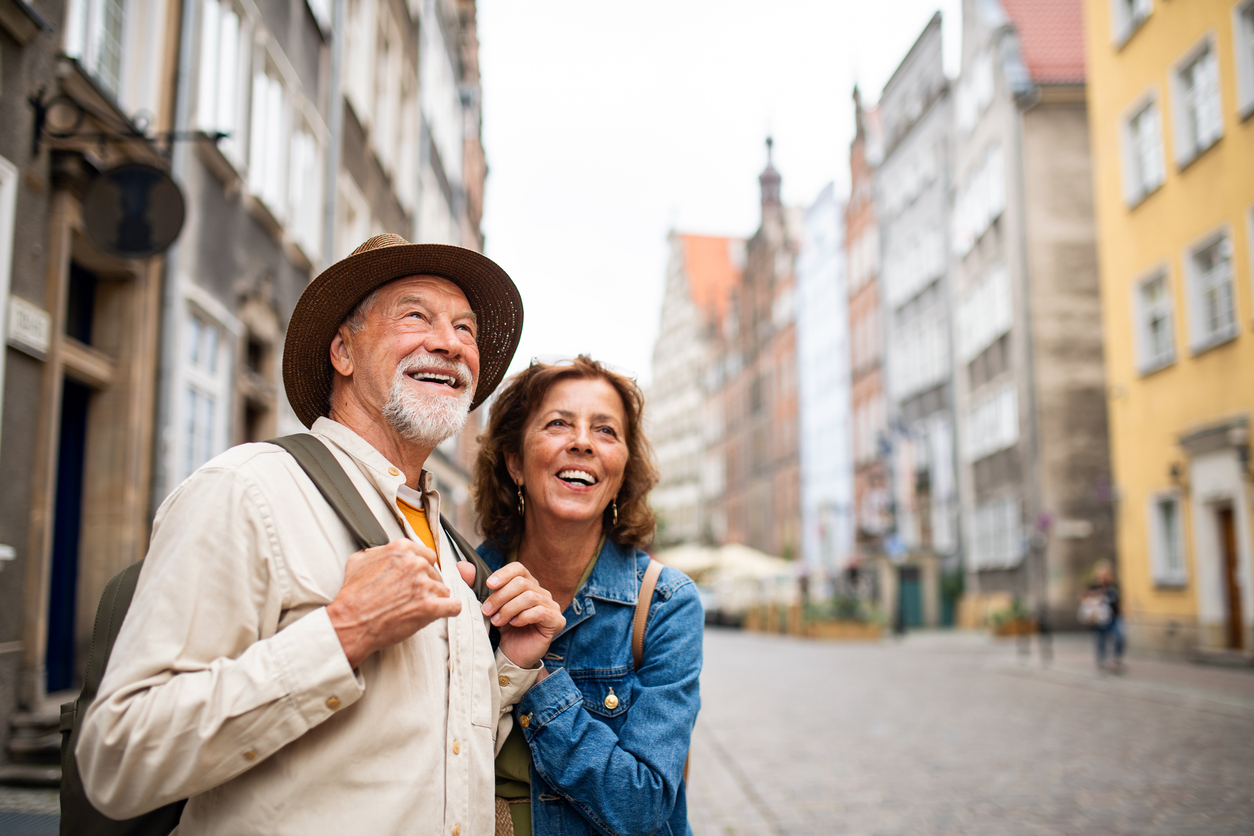
Traveling isn’t just about seeing new places — it’s about entering someone else’s reality. And what flies at home doesn’t always translate.
Whether it’s how you dress, act, tip, or speak, certain behaviors that seem harmless can get you labeled rude, clueless, or even disrespectful when you’re abroad. Some can put you at risk. Others just make you that traveler everyone’s trying to avoid.
Here are 10 things you should never do abroad — and what to do instead.
1. Don’t Assume Everyone Speaks English
Even in major cities, don’t walk into a restaurant or shop and start talking like you’re still in your home country.
What to do instead:
- Learn a few local words: hello, please, thank you, excuse me.
- Open with: “Hi, do you speak English?” — it’s basic respect.
- Use a translation app if needed, but don’t shove it in people’s faces.
Effort goes a long way. Entitlement does not.
2. Don’t Disrespect Local Dress Norms
What feels normal to you might be seen as offensive or inappropriate somewhere else — especially in religious or conservative areas.
What to do instead:
- Cover shoulders and knees when visiting mosques, temples, or churches.
- Leave beachwear at the beach — not for city centers or public transport.
- Observe what locals are wearing and follow their lead.
It’s not about giving up your identity. It’s about respecting theirs.
3. Don’t Flash Valuables or Cash
Tourists already stand out. Flashy watches, wads of bills, or dangling cameras make you a target for petty theft — or worse.
What to do instead:
- Use a crossbody bag or hidden money pouch.
- Withdraw only what you need.
- Leave the expensive jewelry and tech you don’t need at home.
Blend in. Move smart. Keep a low profile when it comes to money and gear.
4. Don’t Be Loud in Public Spaces
What seems like fun energy to you can come off as obnoxious — especially in cultures where volume equals disrespect.
What to do instead:
- Lower your voice in trains, restaurants, and public squares.
- Avoid loud phone calls or voice messages on speaker in transit areas.
- Keep your group energy respectful — especially at night or in historic districts.
You can have fun without turning the volume up to 11.
5. Don’t Skip Local Etiquette Around Dining
Eating habits vary wildly — and breaking them can leave a bad impression.
What to do instead:
- In Japan, don’t tip — it’s seen as rude. In the U.S., not tipping is also rude.
- In many countries, it’s polite to wait for a toast before drinking.
- In India or the Middle East, use your right hand for eating — never your left.
A quick search before you go can save you from awkward or offensive mistakes at the table.
6. Don’t Treat Locals Like Props or Performers
This includes taking photos without permission, filming people for social media, or treating cultural practices like entertainment.
What to do instead:
- Ask before taking photos, especially of people, children, or religious spaces.
- Engage genuinely — not just to get content.
- Don’t turn cultural rituals or ceremonies into Instagram backdrops.
Remember: you’re a guest. Don’t act like the show is for you.
7. Don’t Expect Everything to Work Like It Does at Home
Different place, different pace, different rules.
What to do instead:
- Accept slower service or different systems (like no AC, no credit cards, siesta hours).
- Don’t compare everything to your home country — “This would never happen in X” is a fast way to alienate people.
- Be adaptable. It’s a skill that pays off in every country.
Frustration comes from expectations. Drop them, and travel gets smoother.
8. Don’t Ignore Signs, Rules, or Boundaries
That “Do Not Enter” sign isn’t a challenge. That fence around the ruins? Not optional.
What to do instead:
- Obey posted signs, even if no one’s watching.
- Stay off fragile landmarks, protected natural areas, or closed paths.
- Don’t touch art or artifacts in museums, temples, or historic sites.
Respect spaces the way you’d want visitors to respect your own. Because locals notice — and they remember.
9. Don’t Travel in a Bubble
If your entire trip is airport → hotel → guided tour → tourist restaurant → airport, you didn’t really go.
What to do instead:
- Use public transport at least once.
- Eat somewhere that doesn’t have an English menu.
- Talk to someone who isn’t paid to serve you.
The magic of travel is in the unexpected. But you have to give yourself a chance to find it.
10. Don’t Forget You’re a Guest
This one’s bigger than the rest. It’s the mindset that makes or breaks your experience — and your impact.
What to do instead:
- Lead with humility, not assumptions.
- Spend your money in ways that benefit local businesses, not just global chains.
- Don’t just take — listen, learn, contribute where you can.
Being a respectful traveler doesn’t mean being passive. It means showing up with awareness.
Great travel isn’t just about where you go. It’s about how you show up.
Every country has its customs, rhythms, and sensitivities. You don’t need to master them all — but you do need to care. Because when you travel with humility and attention, you don’t just avoid mistakes. You open doors to connection, insight, and experiences that no guidebook can promise.
The best travelers don’t just visit. They engage — on the terms of the places they’re in.







